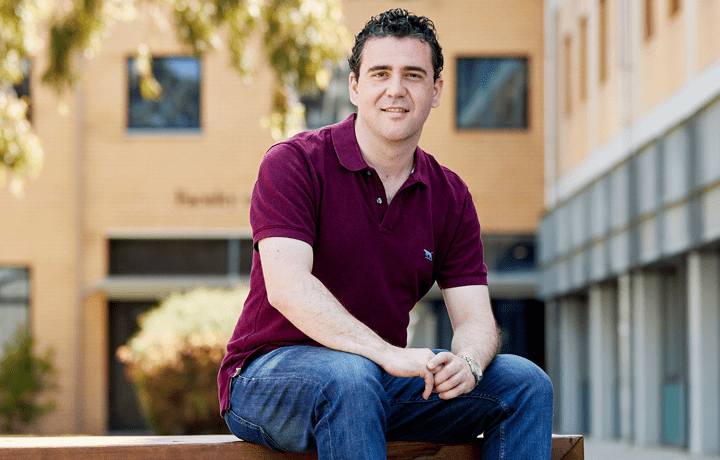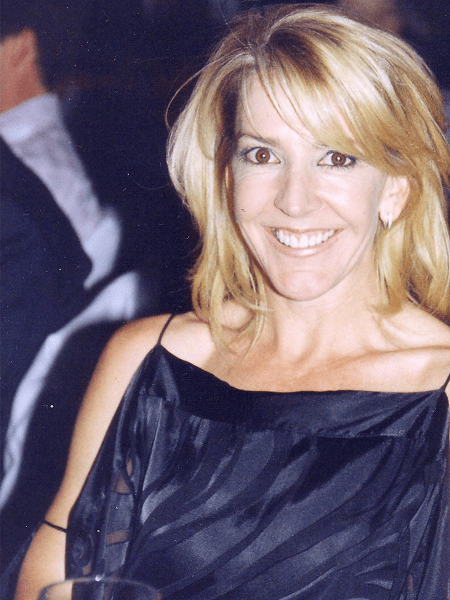THE FUTURE OF BREAST SCREENING STARTS HERE
Dr Daniel Schmidt is a perfect example of the power of multidisciplinary research. As a computer scientist, he was attracted to an academic career in machine learning. Little did he suspect that the path would lead him to develop software for breast cancer detection. Now, in collaboration with radiologists, Dr Schmidt is working to improve mammogram technology.
A significant challenge with mammograms is that the scan is affected by the density of breast tissue. High density breast tissue contains more glandular and connective tissue than average.
On a mammogram, this high-density tissue shows up as white. However, cancer tumours also show up as white, making them obscure. This creates the need for clinicians to have an accurate assessment of density to assist with diagnosis and management decisions.
Right now, radiologists subjectively determine if a woman has dense breast tissue. This creates much scope for an automated process that may provide more consistency in this evaluation.
“The wonderful potential of modern technology is the ability to deliver personalised healthcare.” explained Dr Schmidt.
“My research involves using mammograms and algorithms to identify women who are at higher risk of developing breast cancer, which will contribute to a more tailored
approach to screening and prevention.”
Dr Schmidt, NBCF-funded researcher

MEET JANE
Star Olympian and NBCF-ambassador Jane Flemming was diagnosed with breast cancer in 2017. After experiencing menopausal symptoms, her GP recommended she go for a mammogram. Results confirmed that the “tiny white, microscopic dots” Jane assumed was “wear and tear” was actually breast cancer.
After four surgeries in the space of eight weeks, including a mastectomy, Jane was given the all-clear. The mum-of-two says having a mammogram was key to her diagnosis.
“Doctors prescribe mammograms to seemingly healthy women allowing early detection, to understand the role hormones play in breast cancer.”
“Mine was hormone receptor positive, indicating that my hormones were feeding my cancer. Research has now revealed that dense breast tissue is more susceptible to breast cancer.”
